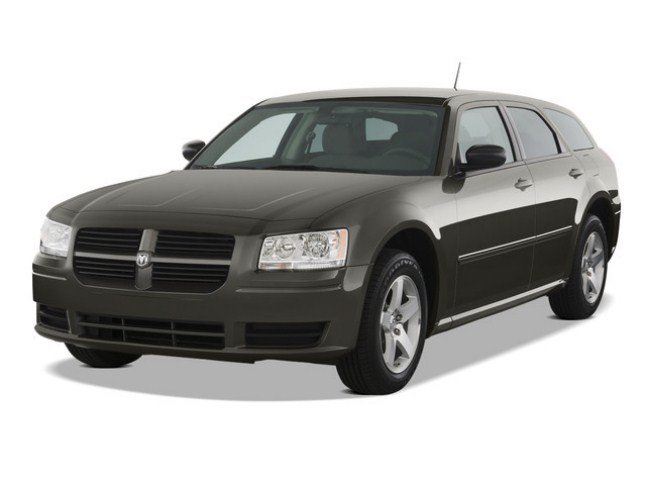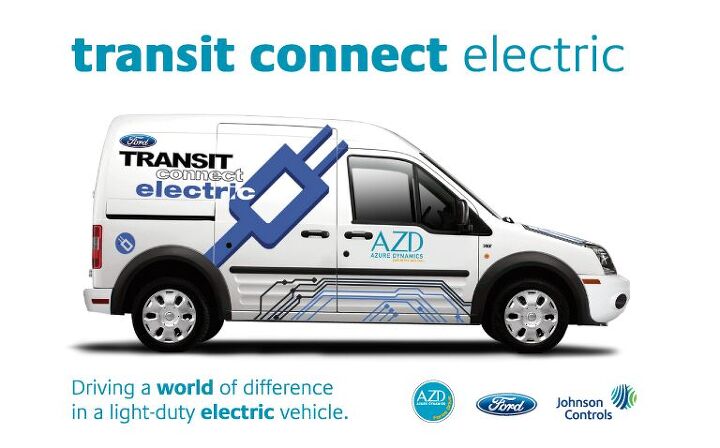#ResidualValue
Attractive Leases Mean Lower Mileage Caps In Exchange For Low Payments
Leases are red-hot these days, but those signing up for temporary ownership of their rides will be facing lower mileage caps in exchange for low payments.
Electric Vehicles Suffer Depreciation Harder Than ICE Counterparts
Driving a new car off the lot takes off 20 percent immediately upon leaving the dealership, so it goes, but for EV owners looking for some green for being green, they may wish they’d bought a Toyota Camry instead.
Piston Slap: Starting the Game All Over Again?
Dave writes:
Sajeev,
I’m a sales rep for a corporate auto supplier in the Detroit area. I currently drive a 2008 Dodge Magnum SXT that I put around 5000 kms per month and currently has 165000kms. Bought it as a lease back with 30000kms in 2009 and it’s completely paid off.
My question is – Do I drive the Magnum for another year, putting the mileage up over 200000 and far reduce the residual value or do I trade it in on a low mileage Explorer, Flex, or Durango and start the process over again getting more cash value for the Mag. There’s no real reason to dump the Magnum – It’s in fantastic shape and aside from regular maintenance and some front end suspension work, hasn’t emptied my pockets.
Just looking for another point of view and some insight into what the residual value over time and mileage looks like for the situation.
Thanks,
Dave
Electric Ford Transit Connect Struck By Killer Depreciation
KBB Resale Values: Japanese Lead, Americans Gaining
Kelley Blue Book has released its annual resale value data, and according to the WSJ, Toyota, Honda and BMW remain the top brands in five-year residual value. Still, Toyota’s average residual value dropped from 42.7 percent to 38.8 percent, while Honda fell from 44.5 percent to 38 percent. Those drops mirror an industry-wide decline in residual values, which had hovered around 35 percent for some time, but have fallen to about 32.6 percent for 2010 models. But American brands have bucked that trend:
KBB estimates Ford’s 2010 models will keep 32.4% of their value after five years. That’s an improvement—for 2009, KBB put the residual value of Ford’s models at 31.7%. Likewise, GM’s 2010 five-year residual value is 31.3%, up from 29.5% a year earlier. Chrysler’s figures are 29.5% for 2010 models, compared with 29% for 2009 models.
KBB’s top ten models for five-year residual value after the jump.




















Recent Comments